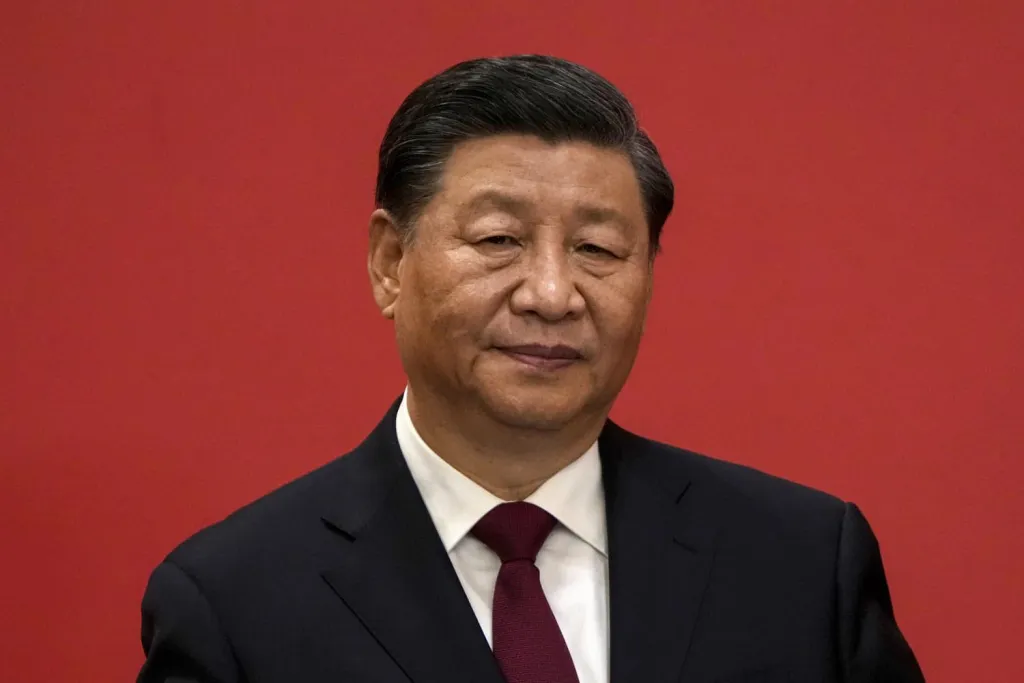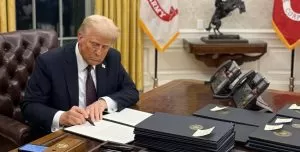China Raises Retaliatory Tariffs on US Imports as Trade War Escalates

The ongoing trade tensions between the United States and China have taken a significant turn, with China increasing its retaliatory tariffs on US imports from 84% to 125%. This move is a direct response to the US’s recent tariff hike to 145% on Chinese goods.
Background of the Trade War
The trade war between the US and China has been escalating over the past few years, with both countries imposing tariffs on each other’s goods. The US has accused China of unfair trade practices, including intellectual property theft and forced technology transfer, while China has responded by imposing tariffs on US goods.
Recent Tariff Increases
The US recently imposed a 145% tariff on Chinese goods, including a 125% general tariff and an additional 20% aimed at punishing China for its alleged role in the US fentanyl crisis. In response, China has increased its retaliatory tariffs on US imports from 84% to 125%.
Impact of the Tariff Increase
The increase in tariffs is expected to have a significant impact on trade between the two countries. US companies that export goods to China, such as agricultural products, automobiles, and electronics, will face higher tariffs, making their products more expensive for Chinese consumers.
Global Implications
The trade war between the US and China has significant implications for global markets and economies. The ongoing tensions have led to market volatility, with investors dumping Chinese stocks and assets. The trade war may also reshape global supply chains, potentially destabilizing vulnerable economies.
Diplomatic Relations
The US-China trade standoff has strained diplomatic relations between the two countries. China has called on the European Union to unite against US “unilateral bullying” and has vowed to “fight to the end” and retaliate firmly if the US continues to “infringe” on its interests.
Potential Next Steps
As the trade war continues, potential next steps include further tariff increases, negotiations, and global cooperation. The US may impose additional tariffs on Chinese goods, including pharmaceutical imports, while China has left the door open for talks with the US to resolve the issue.
The trade war between the US and China is a complex and multifaceted issue, with significant implications for global markets and economies. As the tensions continue to escalate, it remains to be seen how the situation will unfold and what the potential consequences will be for businesses, investors, and consumers around the world.


